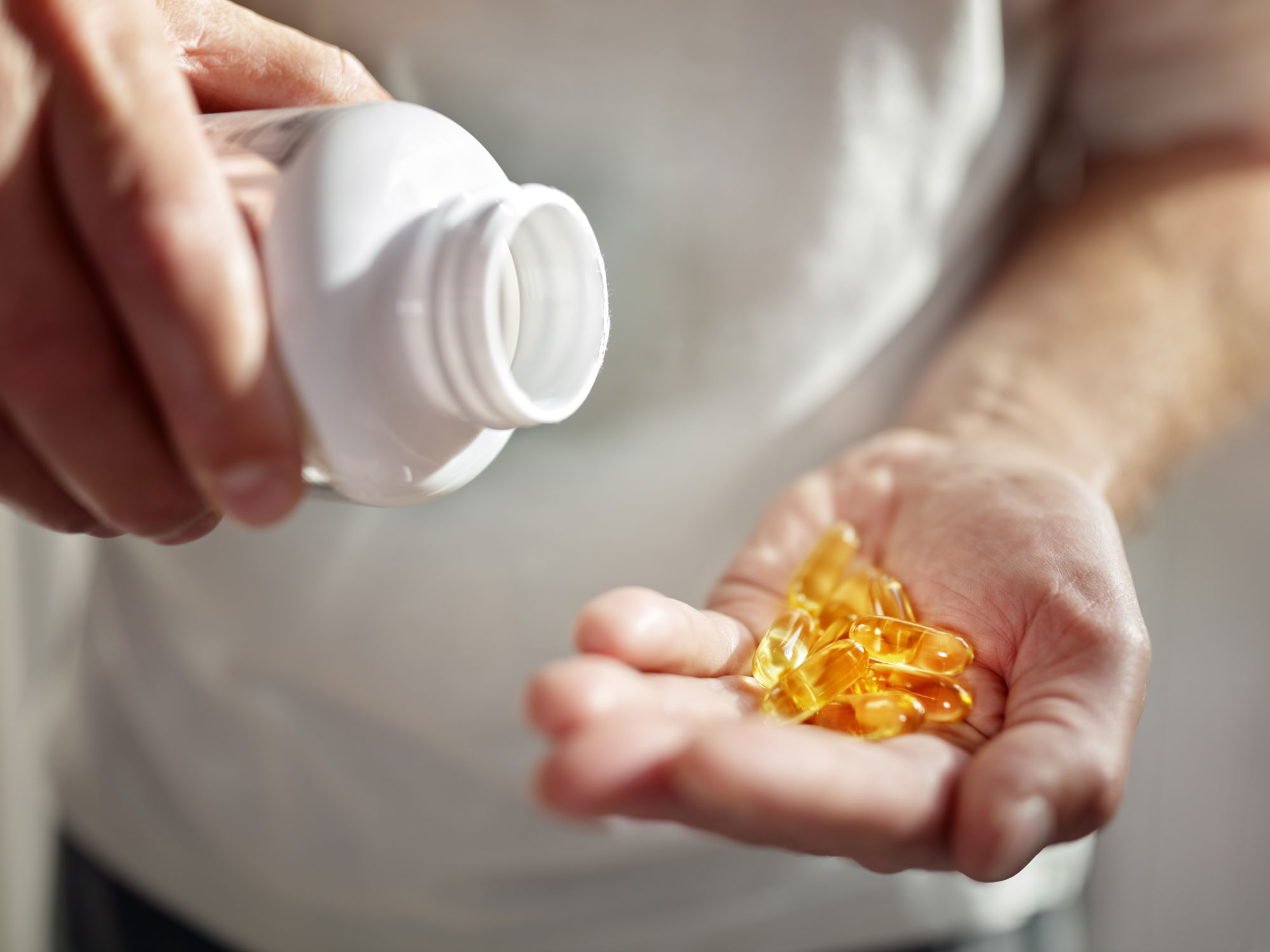Get Easy Health Digest™ in your inbox and don’t miss a thing when you subscribe today. Plus, get the free bonus report, Mother Nature’s Tips, Tricks and Remedies for Cholesterol, Blood Pressure & Blood Sugar as my way of saying welcome to the community!
How much vitamin D do you really need?

It seems like the debate over what constitutes a vitamin D deficiency never ends.
So, it’s time to ask yourself: how much vitamin D do you really need?
More than you’ve likely been getting. And that’s because, according to a recent review published in the Journal of Preventive Medicine & Public Health, recommendations have been far too low for far too long now.
The author of the review points out there was “a statistical error in the estimation of the recommended dietary allowance (RDA) for vitamin D” that was only recently discovered…
Although the current RDA for vitamin D, according to the Institute of Medicine, is 600 International Units (IUs) for the vast majority of people (ages 1 through 70 years), independent analysis of the information used by the Institute has revealed that nearly everyone (97.5% of individuals) needs a much higher amount — 8,895 IU/daily — to achieve vitamin D values of at least 50 nmol/L.
In fact, the largest meta-analysis ever performed has revealed that vitamin D levels less than 75 nmol/L appear to be too low for safety and are associated with a greater risk of dying from all causes. Therefore, it seems that we should shoot for vitamin D levels greater than 75 nmol/L. In fact, another study reported that 9,122 IU/day was necessary for individuals to reach 100 nmol/L.
Related: Why all men over 40 need more vitamin D
Vitamin D deficiency and recommendations
Vitamin D deficiency is widespread. If one goes by the Institute of Medicine’s definition of deficiency of vitamin D, which is 20 ng/mL (50 nmol/L) or less (and the one many doctors use), then 41.6 percent of Americans are deficient. This number rises of 82.1 percent when focusing on blacks and 69.2 percent among Hispanics.
Since vitamin D deficiency is linked to some important risk factors of leading health issues, including bone loss, type 1 diabetes, several types of cancer, multiple sclerosis, high blood pressure, cardiovascular disease and thyroid problems, among others, modifying the vitamin D intake recommendations seems critical.
To be clear, current vitamin D intake recommendations vary considerably, with those of several professional organizations being much greater than those of the Institute of Medicine. The Vitamin D Council, for example, says 5,000 IU daily is sufficient for most adults, while the Endocrine Society states that 2,000 IU is good.
In this new review, the author is requesting that public health officials change the RDA to at least 75 percent of the levels proposed by the Endocrine Society Expert Committee to be the safe upper tolerable daily intake doses. Therefore, the new recommendations would be about 8,000 IU for young adults and older.
Editor’s note: Discover how to live a cancer prevention lifestyle — using foods, vitamins, minerals and herbs — as well as little-known therapies allowed in other countries but denied to you by American mainstream medicine. Click here to discover Surviving Cancer! A Comprehensive Guide to Understanding the Causes, Treatments and Big Business Behind Medicine’s Most Frightening Diagnosis!
Sources:
- Forrest KY, Studldreher WL. Prevalence and correlates of vitamin D deficiency in US adults. Nutrition Research 2011 Jan; 31(1): 48-54
- National Institutes of Health. Vitamin D
- Papadimitriou DT. The big vitamin D mistake. Journal of Preventive Medicine & Public Health 2017 Jul; 50(4): 278-81













